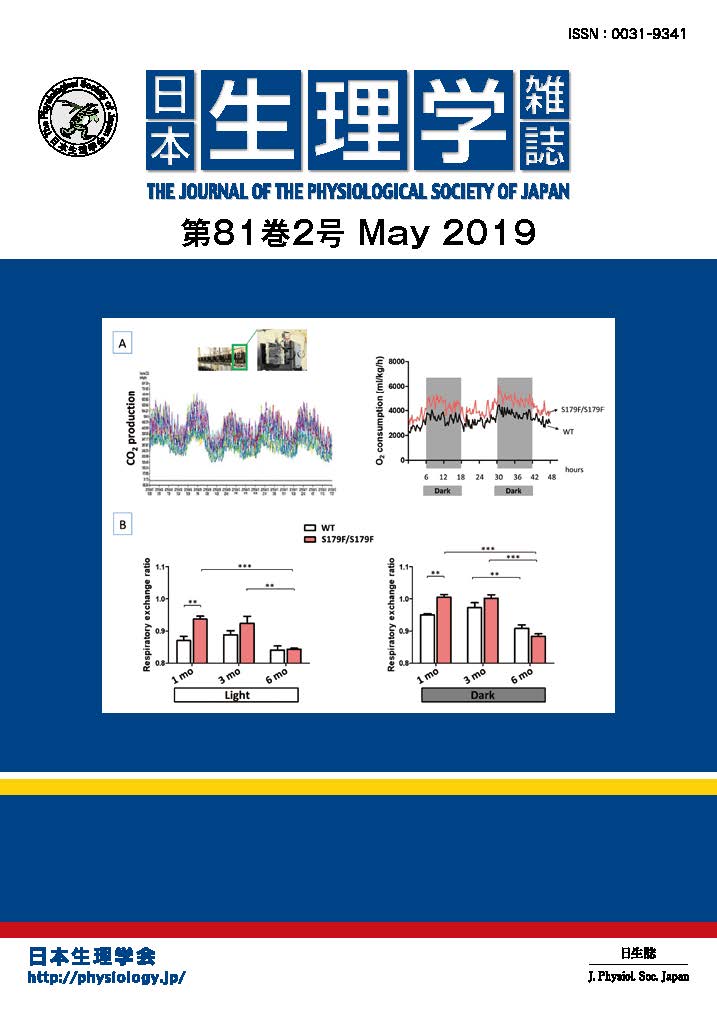Applications are invited for two postdoctoral positions at the Institute of Experimental Medicine in Budapest, Hungary. The two positions (funded by the European Research Council and by The Wellcome Trust) are available immediately, can be granted for up to 4 years and offer a very competitive salary for the cost of living in Eastern Europe.
The postdoctoral fellows will join an international team of researchers led by Prof. István Katona. The lab is focusing on the identification and functional characterization of new endocannabinoid-related signaling pathways in the brain. The prospective fellows will have the unique opportunity to access multidisciplinary techniques including super-resolution microscopy, live cell imaging, high-resolution electron microscopy, patch-clamp electrophysiology and biochemistry/molecular biology.
Detailed information on the conceptual and methodological background of the team can be found at www.katonalab.hu or in the following articles: Nature Medicine 14:923-930; Science 325:760-4; Science 316:1212-16; Neuron 56:33-42; Journal of Neuroscience 28:2976-90; Journal of Neuroscience 28:1058-63; Journal of Neuroscience 26:5628-37; European Journal of Neuroscience 29:1964-78.
The Institute of Experimental Medicine is a highly collaborative and stimulating research environment led by the Brain Prize winner Prof. Tamás Freund. It holds a Center of Excellence title from the European Union and is widely regarded as a leading Neuroscience center in Europe (e.g. currently six Wellcome Trust Senior Fellows have research groups at the IEM). The Institute is well equipped with core facilities, such as the SPF transgenic animal facility, several electron microscopes, N-STORM super-resolution microscope and other state-of-the-art confocal and physiological microscopes at the new NIKON Microscopy Center. It is conveniently located in the center of Budapest, in close vicinity of the Semmelweis Medical University and major cultural hotspots. Budapest is considered as one of the most vibrant European cities, where a Western lifestyle is combined with a special Eastern flavour.
Successful candidates will hold a PhD and / or MD and have an excellent track record in either: 1) electrophysiology, including patch-clamp recording from neurons in brain slices; 2) molecular neurobiology, including work with tissue cultures, immunocytochemistry, confocal microscopy. Outstanding candidates with expertise in other areas may also be considered.
To apply, please send a CV, a short letter describing your motivation and research experience as well as contact information for two references. For application or informal inquiries please contact Prof. István Katona (katona@koki.hu).





















